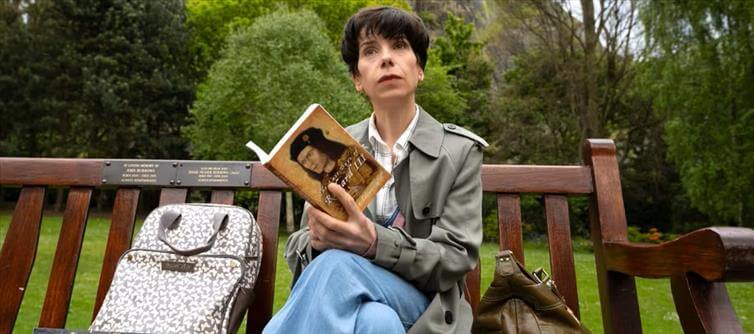
As they are now, Philippa's life and study provide the solid foundation for a compelling retelling. She has an unusual home life, actively co-parenting her two sons with her ex-husband john (Steve Coogan), suffers from ME, also known as Chronic Fatigue Syndrome, and, most importantly, decides to abruptly rearrange her life around a new obsession, succeeding where many others before her had failed. However, The Lost king presents these aspects in such a matter-of-fact manner that they end up appearing like bullet points in a presentation of her life rather than subjects of real dramatic interest or interrogation.
Consider Philippa's drive as an illustration. Although there is no contemporaneous proof of richard III's fabled hunchback, the movie recognises a connection between the way she perceives herself as less than because of her ME and the way history has demonised richard III in part due to his physical deformity. However, the film strangely makes it about the titular monarch rather than utilising this element of Hawkins' character. After attending a production of Shakespeare's play about him, Philippa starts to notice Harry Lloyd's portrayal of richard appearing everywhere. The conversation they have (which is usually recognised as strange but not further explored) causes The Lost king to become overly focused on Philippa's purported desire to save him.
Her obsessive quest, which history has shown to be successful, ends up lighter than it could have been, which makes the movie less compelling. But that doesn't mean it doesn't work at times; by the time Philippa decides to launch a real dig, the audience has developed a strong enough bond with her that they want to see her triumph. The movie ends on a deflating note despite the reasonably tidy conclusion of the concluding act, which was made possible by a simplistically villainous university representative. A viewer shouldn't be shocked if they leave the theatre pondering why The Lost king even needed to be a movie. It might provide enough entertainment for some to consider it a net positive.




 click and follow Indiaherald WhatsApp channel
click and follow Indiaherald WhatsApp channel